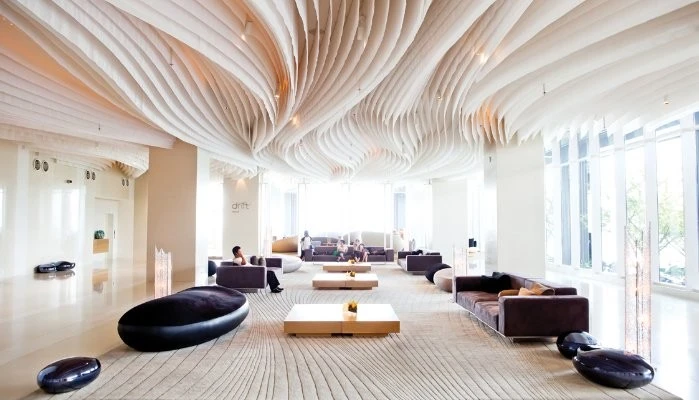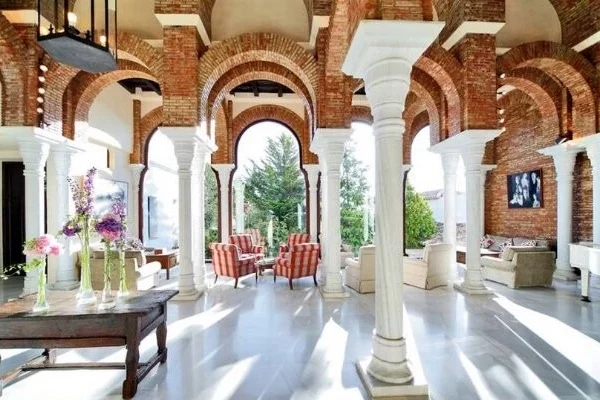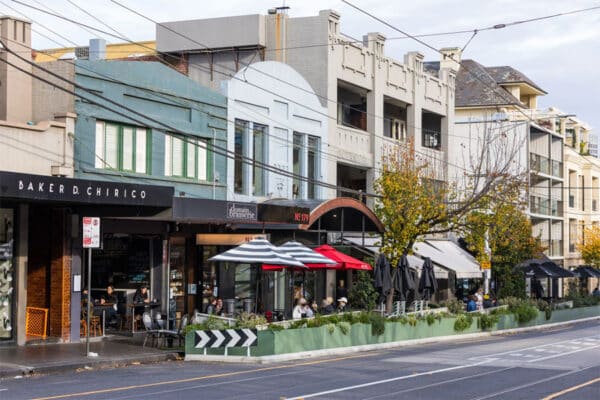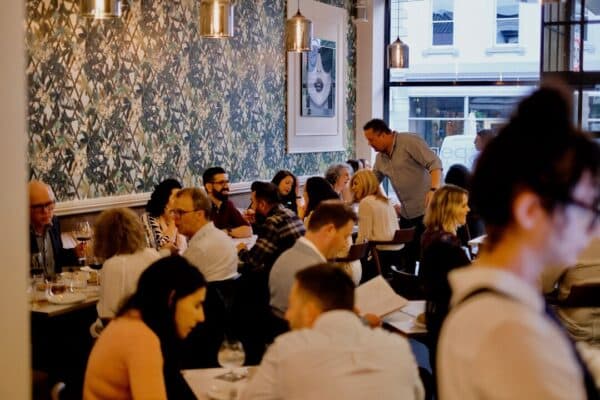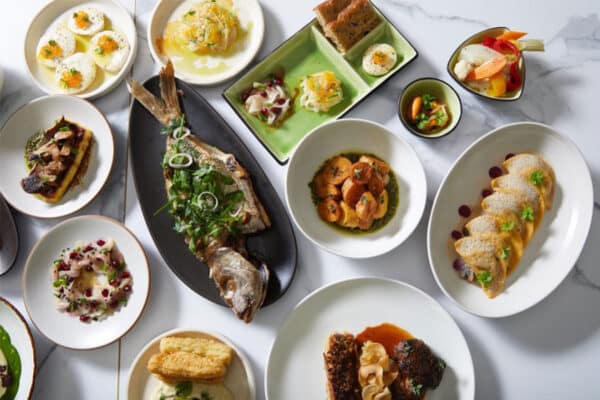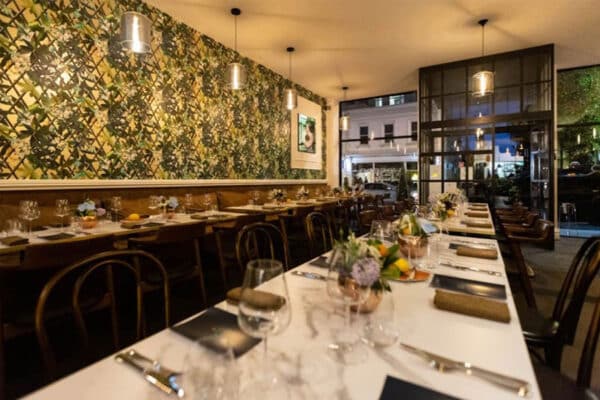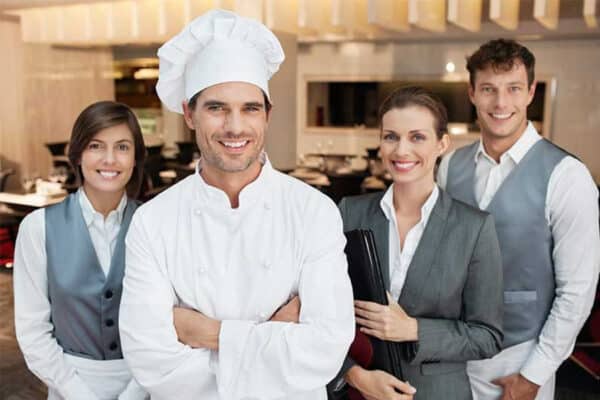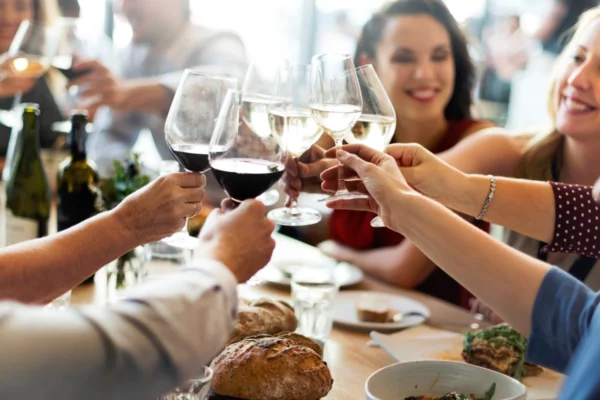The world today is entirely different to the way it was, say, fifty years ago. Even fifteen years ago! Now, I’m not talking climate change or refugee crises or any of that heavy stuff (although those are obviously very important issues that need to be tackled by all of us as soon as possible). Today, I’m talking technology…
There aren’t many industries left on the planet that haven’t been affected by the advent of technology. Not only has it revolutionised the way we speak and interact with each other as human beings on a day-to-day basis, it has also entirely transformed the manner in which we do business, reach out to customers, and showcase our brands. Even the consumer has even been metamorphosed by technology. Aside from tech-savvy people of all ages (there are – on both sides of the spectrum – four year olds and seventy year olds who know more about smart phones than I do) today’s young, hip millennial is totally on top of the latest trends, swiping and clicking and touch screening his or her way to better service and quicker delivery. Nowhere is that truer than in the F&B industry.
On the plus side, tech is revolutionising F&B on a monumental scale – and it’s a change that we shouldn’t avoid. I would never recommend, for example, that a restaurateur or the owner of an eatery say, “well, we’ll just ignore that bad review on TripAdvisor” or “I don’t see what the big deal is about being on Zomato”. On the down side, tech can make us lazy in that we don’t really need to do that much to make it happen; we can just sit back, embracing the platforms we like as they fly by, and ditching the ones we don’t think are going to work.
But I want us to do more than that. I want to challenge F&B professionals from across the region to think further than their iPhone or Android devices and start coming up with their own innovations – and I don’t mean technological ones alone. We need to start thinking outside of the box in order to set ourselves apart from our competitors.
Hilton New York Midtown Hotel is a great example of a business that has taken charge of its own future over the past few years. One of Manhattan’s biggest hotels, in 2013 it revealed its controversial decision to replace traditional room service with a stripped-down version. While the idea was met with much eye rolling, eyebrow raising and huffs and puffs from both customers and employees alike, it’s actually been a critical and “financial” success, according to http://travelupdate.boardingarea.com/
The website explained the hotel’s story like this: ‘the newfangled concept hinges on a contemporary restaurant called Herb N’ Kitchen, which has a broad to-go menu that doubles as the room service menu.’ According to the site, the restaurant was established when the hotel noticed that a lot of its time-pressed business travelers were grabbing food there before going to meetings, therefore bypassing the 45-minute wait for room service delivery. In the past, these guests would have simply left the hotel to grab something at a nearby chain or deli. Hilton saw a business opportunity and went for it. High five, Hilton. High five.
Okay, the idea does have some flaws – other online articles revealed that some female diners didn’t like the idea of having to head out at night to pick up water or fruit that was no longer being delivered, and loved-up couples who wanted to order a romantic dinner weren’t entirely thrilled – but overall, the concept is a good one. Especially if you consider this: room service in upscale hotels has actually been known to lose money despite high prices and delivery fees. Why? Well there aren’t usually enough sales to cover the expenses related to the dedicated staff and kitchen space needed to keep operations running smoothly.
To me, though, this step away from ‘room service’ to ‘room delivery’ is a big neon sign that says: Hotels are trying to reassess their operations through the eyes of millenials. Think about it. The 18-to-33 -year-old set grew up with drive throughs and an over-the-counter culture. With that in mind, they want quick but customised service, which is what many hotels are now trying to facilitate. Over the past five years, many big chains have transformed their lobbies into living rooms replete with music and stylish seating where people can hold impromptu meetings and snack on their favourite dish while sipping on imported red grape. What else do millenials love? Healthy food and – you guessed it – technology. Regarding the latter, more and more hotels are finding that their guests are using several mobile devices at once (leading many chains to redesign rooms with more power outlets), but they are also finding that those very guests are using those very devices to order food from other, outside restaurants.
If we don’t come up with fresh and innovative ideas to help our F&B businesses give their customers what they want, those very customers will just head on over to the competitor that is doing just that.
We’re serving fresh ideas all the time. If you fancy a few, feel free to send me a mail at duncan@thecuttingedgeagency.com
Duncan Fraser-Smith is the founder of The Cutting Edge Agency that specialises in the development and creation of benchmark F&B concepts through conceptualisation and training, as well as sourcing and partnering with international brands and high-profile chefs to successfully establish their presence in the Middle East.

